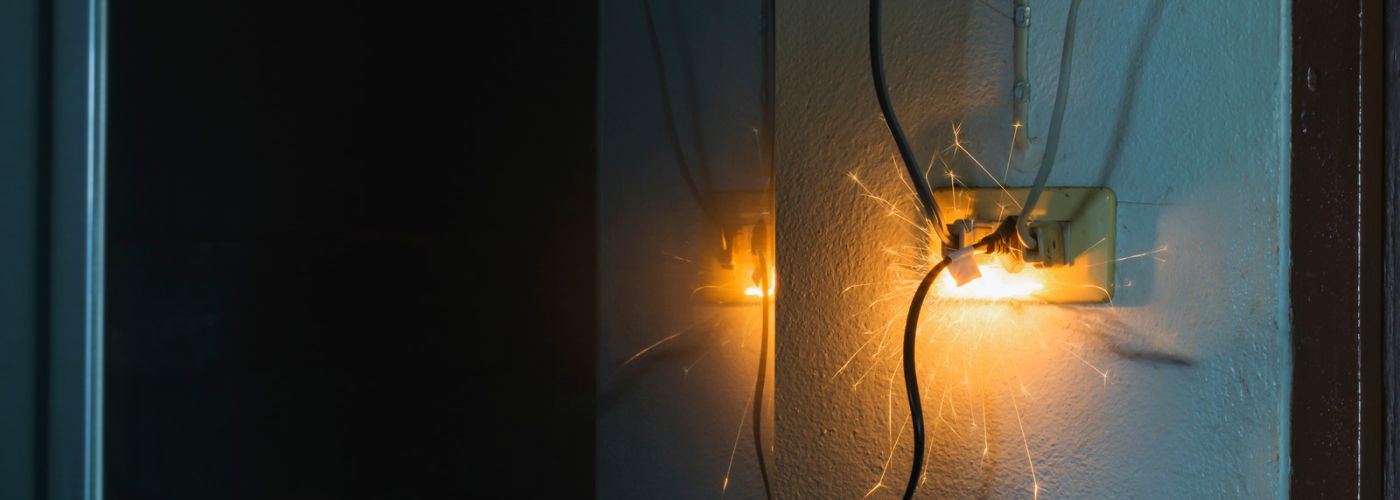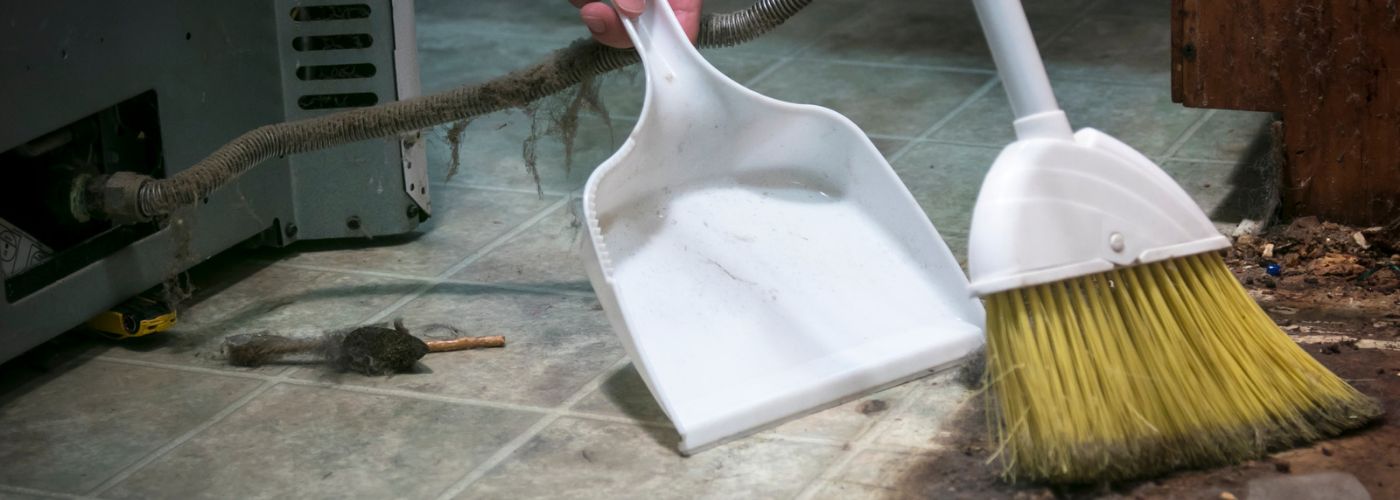Home fires can be devastating and cause injury, death, and property loss. It is important to take the necessary precautions to reduce the likelihood of a fire in your home. You can protect your family from tragedy by learning the best ways to decrease home fire hazards. We’ll discuss some important tips for home fire hazard safety!
What Is A Fire Hazard?

Fire hazard is a term that refers to the potential of a fire occurring and causing damage or harm to people, property, or the environment. A fire hazard can from different sources such as electrical appliances, flammable chemicals, combustible materials like paper or wood, and even human behavior.
The risk of a fire hazard is present in many places, such as homes, workplaces, public spaces, and transportation systems. The consequences of a fire hazard can be devastating.
In addition to the loss of life and injury to individuals, damages caused by fires can result in significant economic losses, including the destruction of assets and reduced productivity due to downtime.
Fires also impact the environment through air pollution caused by smoke emissions and the disposal of hazardous materials used in extinguishing them.
Not to mention, fires can cause significant damage to your home and require long-term fire damage restoration, depending on the amount of damage.
Prevention is key in mitigating the risks associated with fire hazards!
How To Limit Fire Safety Hazards

Fires can be devastating, causing loss of life and property damage. That’s why it’s important to take steps to prevent fires from occurring in the first place. Here are some tips on how to limit fire safety hazards.
Firstly, ensure that all electrical appliances are in good condition and don’t have any frayed wires or damaged cords. Always unplug them when not in use to reduce the risk of a fire starting.
Secondly, keep flammable items like curtains or paper away from heat sources such as candles or heaters. It’s also important to avoid smoking inside your home and never leave burning cigarettes unattended.
Thirdly, ensure that you have working smoke detectors installed throughout your home. Test them regularly and replace batteries once a year. Additionally, develop a fire escape plan with your family in case of a fire emergency, so everyone knows what to do if it occurs.
What Are Fire Hazard Examples?

Fire hazards are anything that could cause a fire to ignite or spread. These hazards can be found in residential, commercial, and industrial areas. Unfortunately, fire hazards are not always easy to spot and sometimes go unnoticed for long periods.
Some common fire hazards include: overloaded power outlets, faulty electrical wiring, unattended candles, and cooking equipment left on the stove. Other potential culprits include flammable liquids such as gasoline or cleaning agents, combustible materials like paper or cloth, and improperly stored chemicals.
It is important to take preventative measures against fire hazards by regularly inspecting your home or workplace for potential risks. This includes keeping electrical wiring up-to-date and avoiding overcrowding power outlets with too many devices plugged in.
Additionally, it is crucial to have working smoke detectors installed throughout your property to ensure early detection of any fires that may occur. This small appliance reduces the spread of fires and the need for fire damage repair in your home.
Are Christmas Lights A Fire Hazard?
Christmas lights have been a part of the holiday season for decades, and they add a warm, cozy feeling to any home. However, many people wonder if these decorations are safe to use. Are Christmas lights a fire hazard? The answer is yes, but with proper usage and maintenance, you can enjoy the festive decorations without putting your home or family at risk.
Firstly, old or damaged Christmas lights can be dangerous. Frayed wires or worn insulation can cause sparks and start fires. It is important to inspect each strand of lights before using them each year and replace any that show signs of wear.
Secondly, overloading electrical circuits is another common reason for Christmas light-related fires. Make sure not to plug too many strands into one outlet or extension cord as this increases the risk of overheating and starting a fire.


